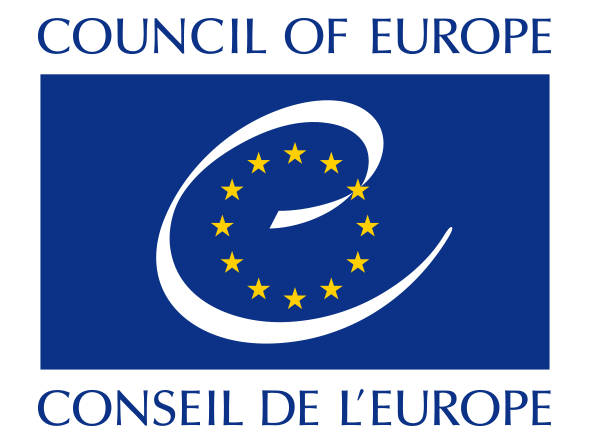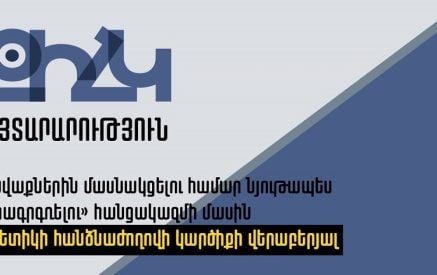Strasbourg, 21.09.2016 – A preliminary opinion by the Council of Europe’s constitutional law experts, (the Venice Commission) criticizes draft modifications to the constitution of Azerbaijan, which will be put to a national referendum on Monday 26 September.
Many proposed amendments would severely upset the balance of power by giving “unprecedented” powers to the President, according to the Venice Commission opinion.
For example, the extension of the presidential mandate from five to seven years “cannot be justified” given the already very strong position of the President, who since 2009 can be re-elected without term limits.
Another reform gives the President power to dissolve parliament, which does not only make political dissent in parliament “largely ineffective”, according to the opinion, but also affects the independence of the judiciary, since parliament’s role in the approval of judges will be reduced.
Read also
The Venice Commission experts were “particularly worried” by the introduction of the figure of unelected Vice-Presidents, who may at some moment govern the country, and the President’s prerogative to declare early presidential elections at his convenience.
The opinion also criticizes the procedure of the referendum as having lacked proper debate in parliament and having been carried out too quickly and without real public discussion beforehand.
Indeed, due to time constraints, the opinion rapporteurs themselves were unable to visit Azerbaijan and did not benefit from direct consultations with the authorities, experts and other stakeholders. In this context, the Venice Commission regrets that the authorities of Azerbaijan did not consult it prior to submitting the draft to the referendum.
The experts praised proposed amendments in the human rights chapter of the Azerbaijani constitution, such as the introduction of the concept of “human dignity” and of the right to “conscientious treatment excluding arbitrariness” by state bodies and of certain procedural rights. They also praised the proposal to elevate the “principle of proportionality” to the constitutional level, which means that every restriction to human rights should be proportionate to the aim the state seeks to achieve.
However, the experts expressed reservations with other proposed changes in the human rights chapter, in particular one which provides for limitations to public gatherings for the sake of “public order” and “morality”, since this provision risks to be too broadly interpreted. The opinion also is concerned about a proposed provision on withdrawing citizenship that “reduces the scope of the current guarantee” that prevents withdrawal of citizenship in absolute terms.
Spokesperson/Press officer























































